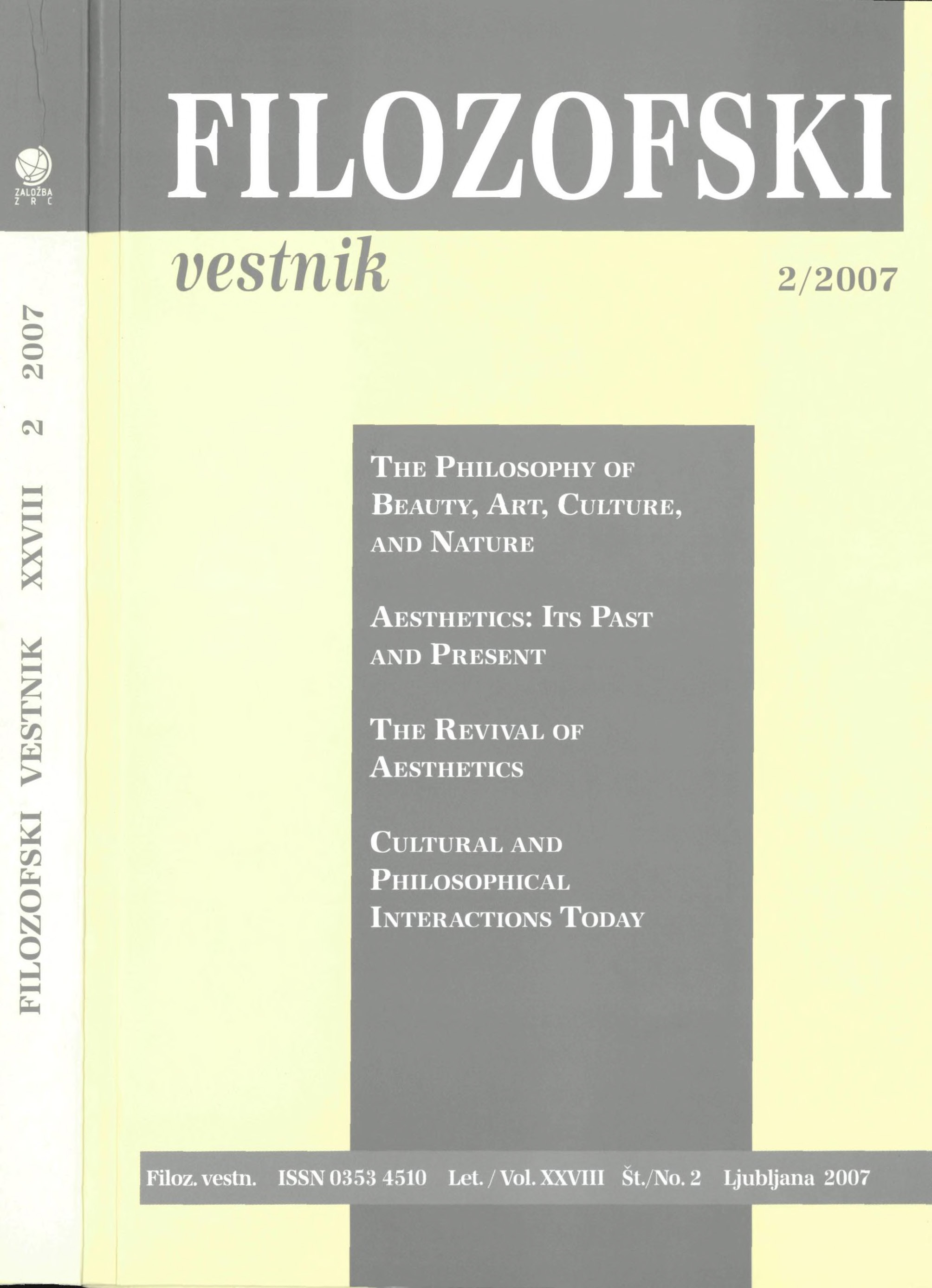Retro-Avant-Garde: Aesthetic Revival and the Con/Figuration of Twentieth-Century Time
Povzetek
The concept of retro-avant-garde was first advanced by artists working in the late socialist and post-socialist contexts of Eastern Europe, Central Europe, and the territories of the ex-Yugoslavia. In general, its semantic field has been defined by a range of post-modern and mostly post-socialist art practices that draw formal, philosophical, and social inspiration from the politicized, powerfully utopian avant-gardes of the early decades of the twentieth-century, especially in the USSR and East-Central Europe. However, its paradoxical reference forward and backward in time highlights the temporal dimensions of period concepts such as modernity, postmodernity, and avant-garde in ways that make retro-avant-garde worthy of theoretical reflection. I explore the nature of period concepts, which serve not only as historical metrics, but also as designations of basic characteristics of historicity, the configuration of the dimensions of past, present, and future in a given historical context and the limits and possibilities of historical experience and representation. I go on to explore the applicability to historiography of Gilles Deleuze's distinction, developed in his cinema theory, between "movement images" and "time images." In the case of historical thought, the distinction lies in whether the representation of time is thought to be a function of historical change or, on the contrary, whether the representation of historical change is qualified by the mode of time. I conclude by suggesting that if the avant-garde has primarily been conceptualized under the figure of "movement," retro-avant-garde reveals the degree to which classical avantgardism was dependent on an image of time: time itself as material to be artistically crafted and shaped into an historical experience appropriate to the modern age.Prenosi
Podatki o prenosih še niso na voljo.
Prenosi
Objavljeno
2007-01-01
Kako citirati
Miller, T. (2007). Retro-Avant-Garde: Aesthetic Revival and the Con/Figuration of Twentieth-Century Time. Filozofski Vestnik, 28(2). Pridobljeno od https://ojs.zrc-sazu.si/filozofski-vestnik/article/view/3186
Številka
Rubrike
Cultural and Philosophical Interactions Today
Licenca
Avtorji jamčijo, da je delo njihova avtorska stvaritev, da v njem niso kršene avtorske pravice tretjih oseb ali kake druge pravice. V primeru zahtevkov tretjih oseb se avtorji zavezujejo, da bodo varovali interese založnika ter da bodo povrnili morebitno škodo.
Podrobneje v rubriki: Prispevki





